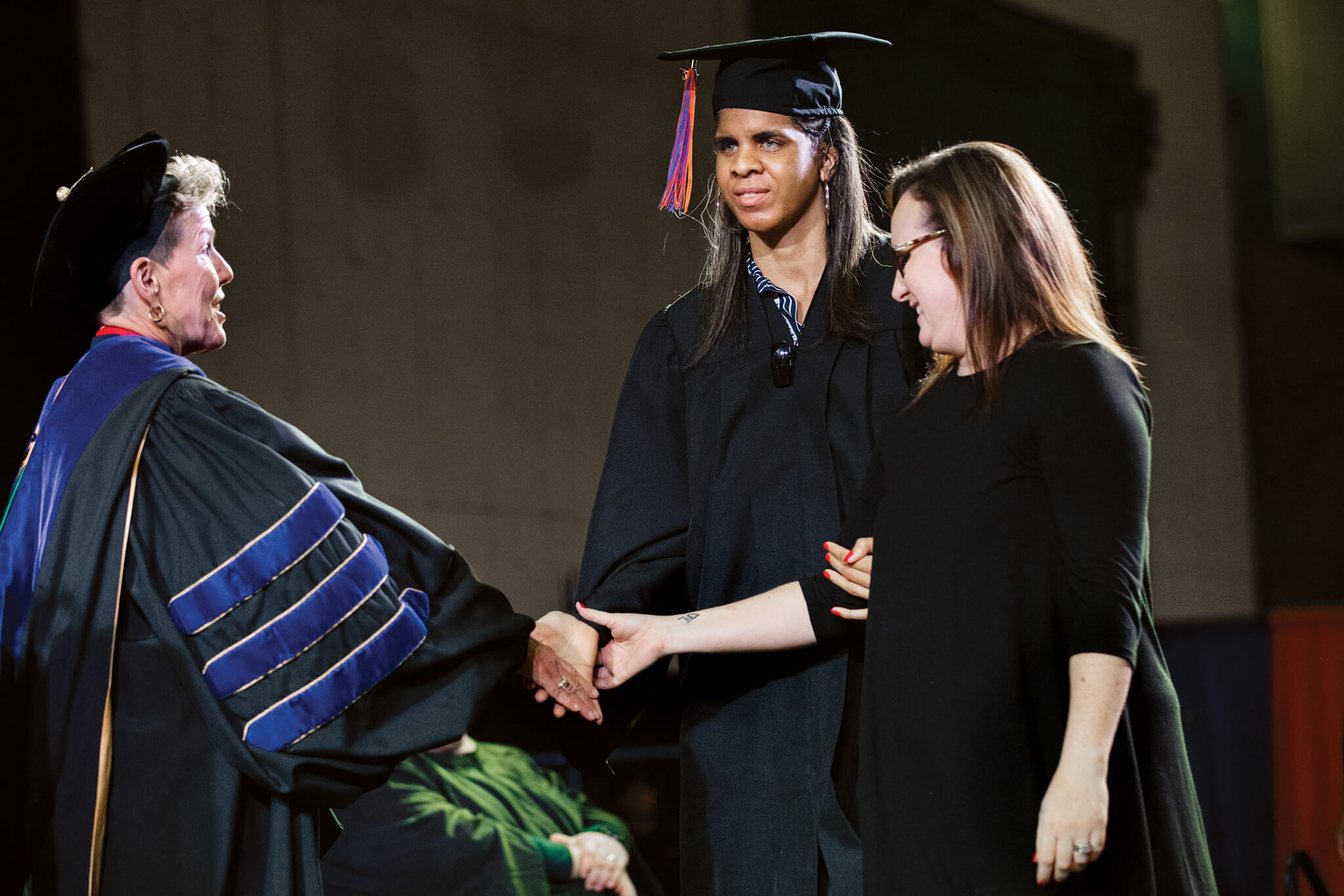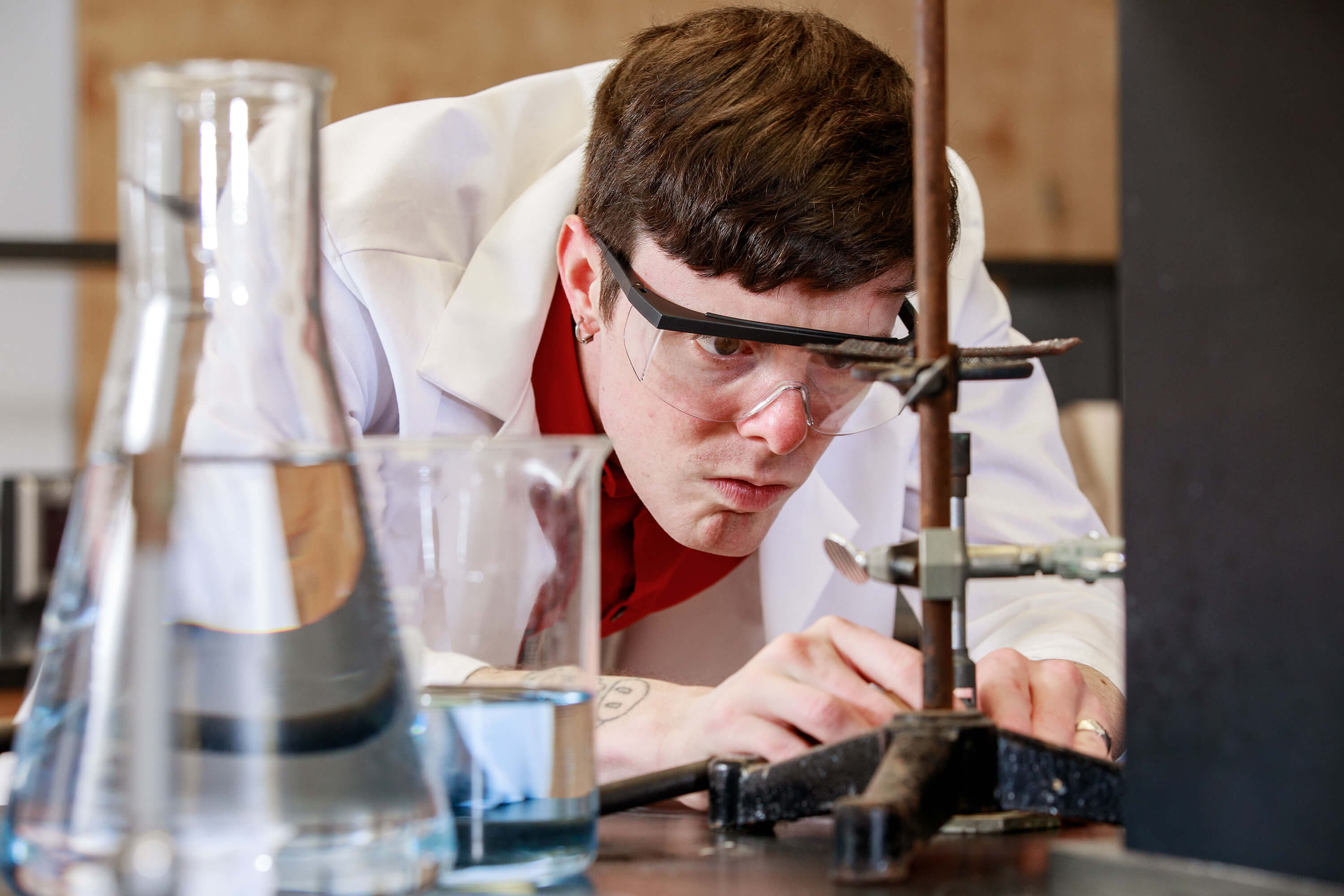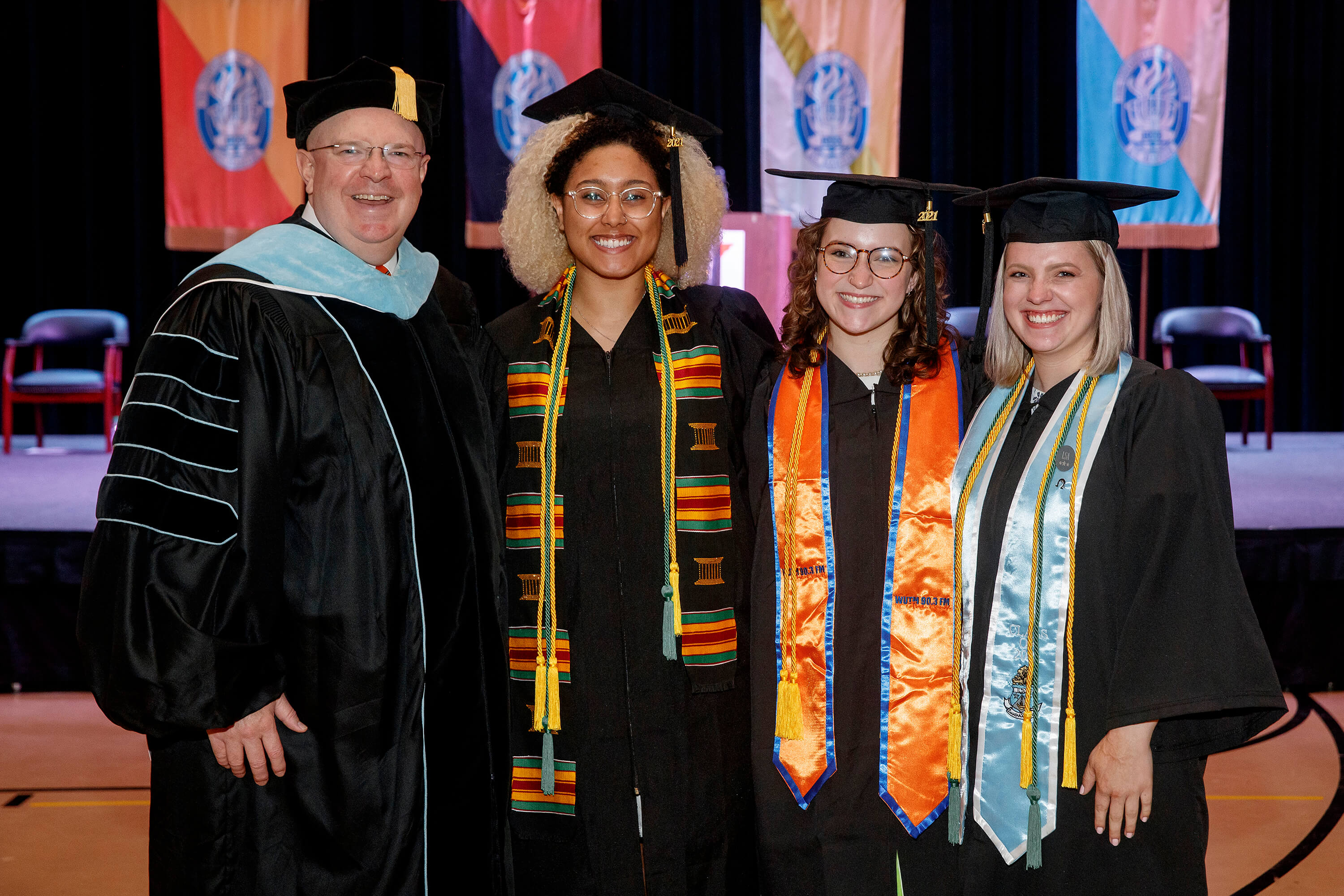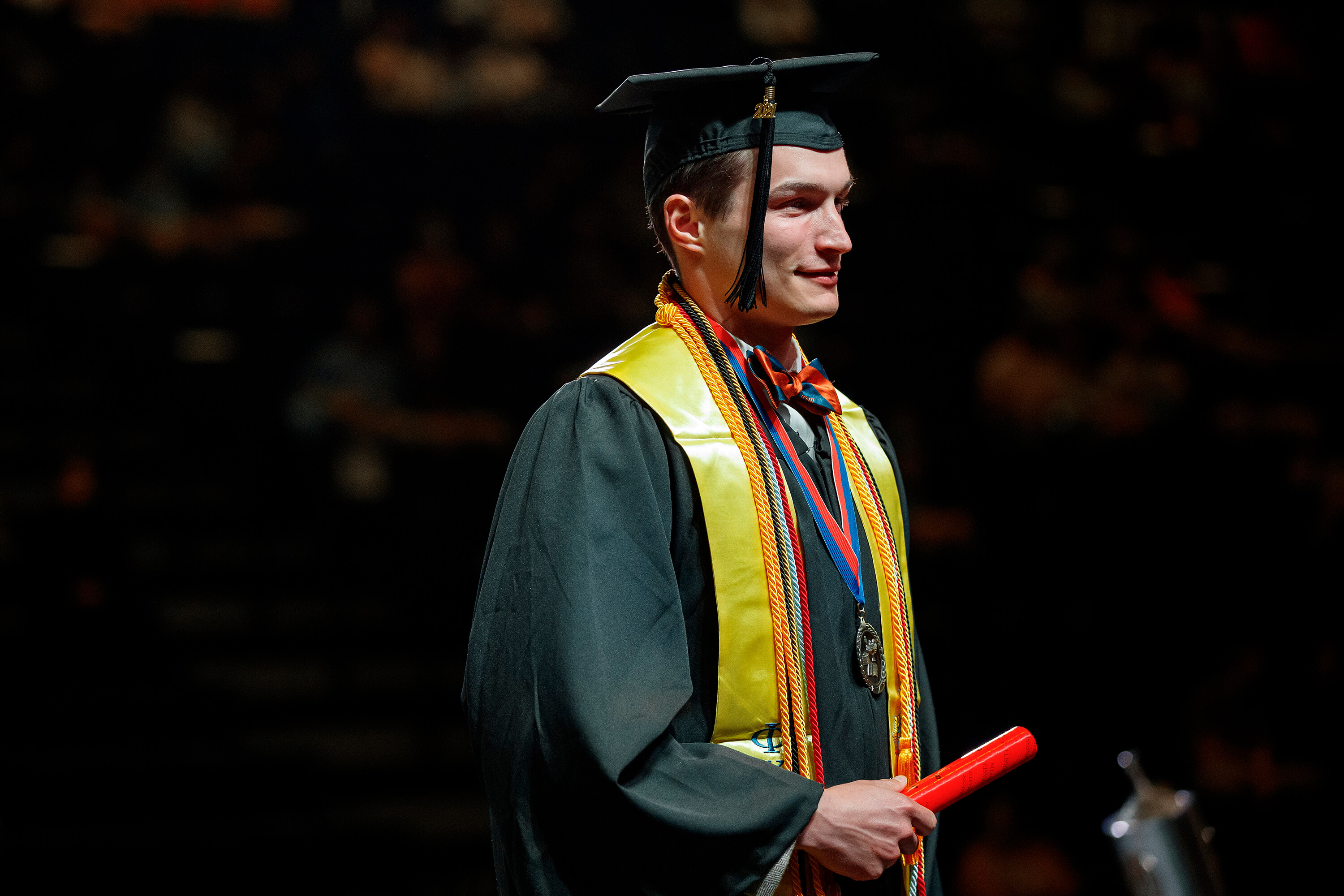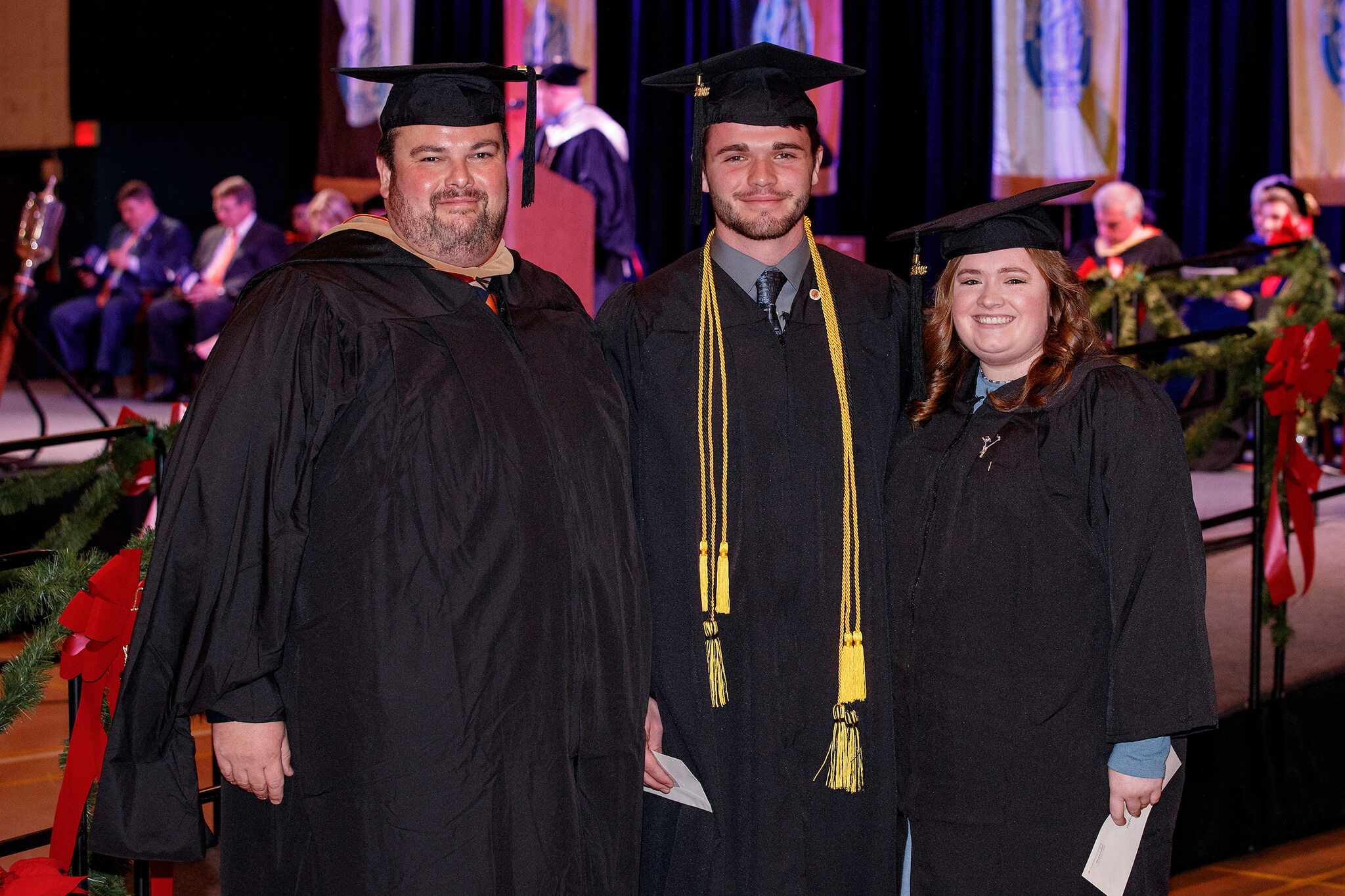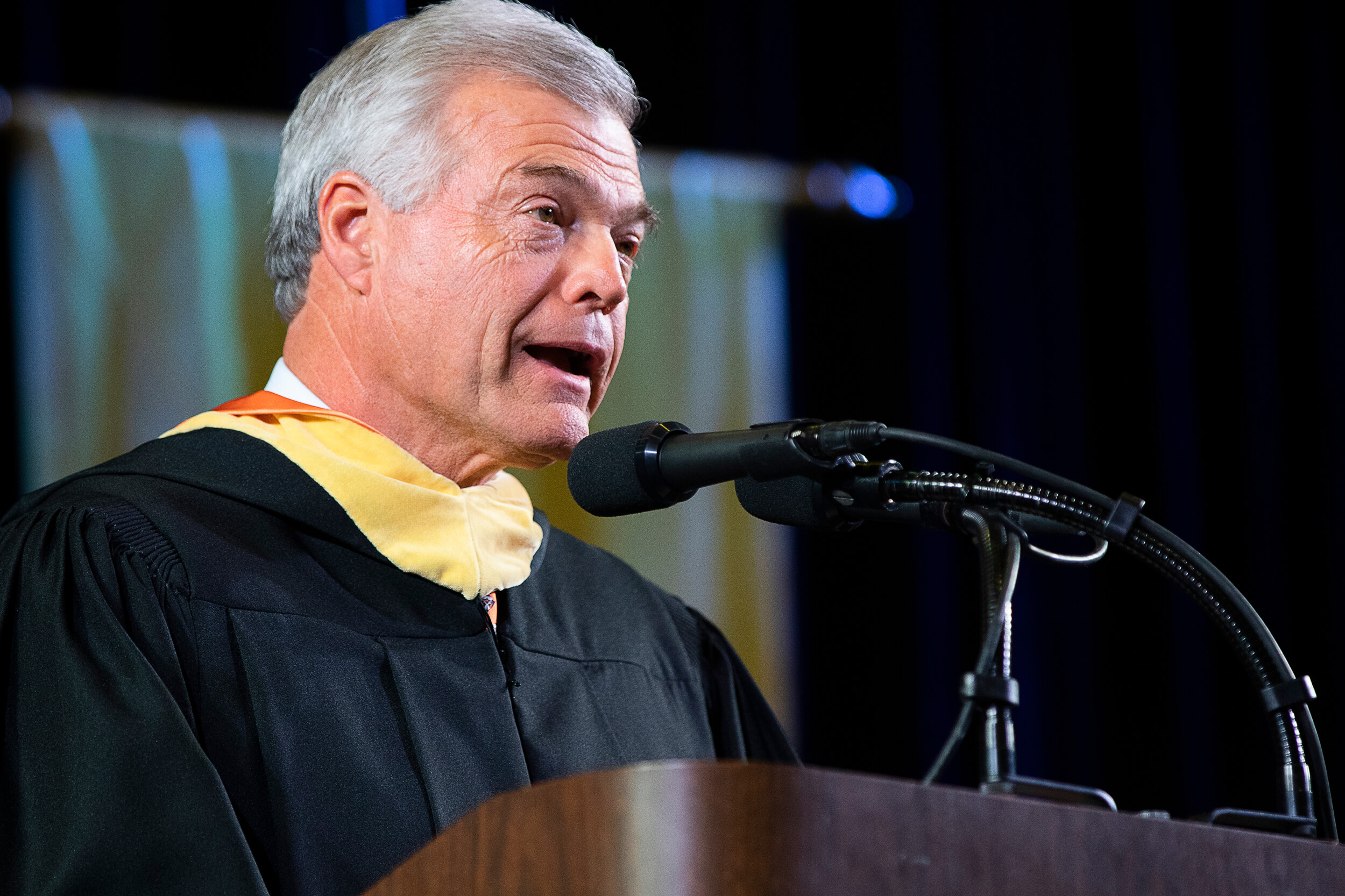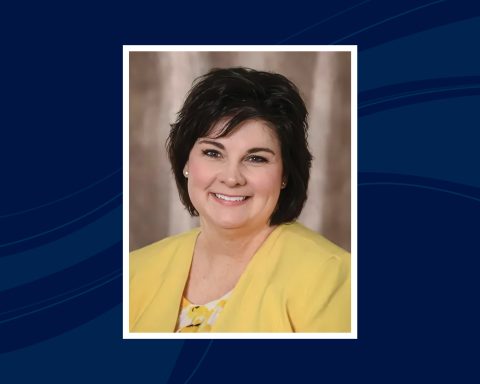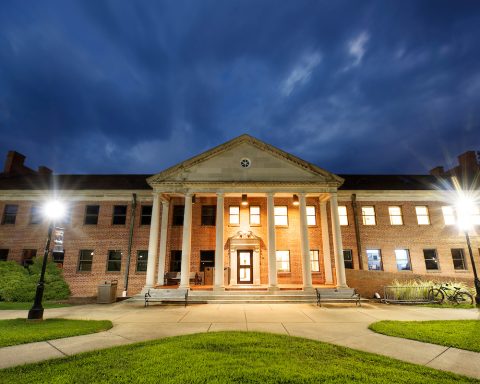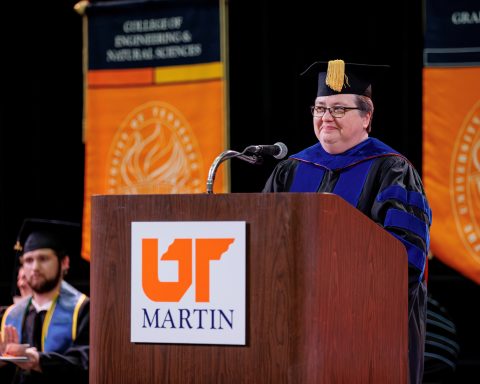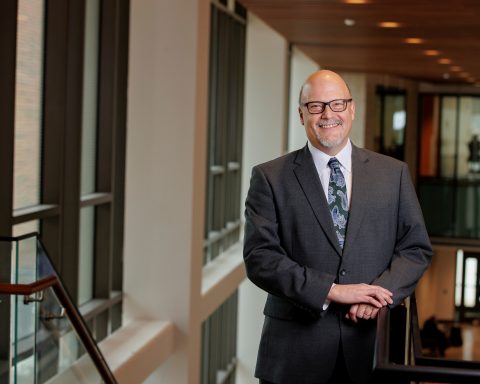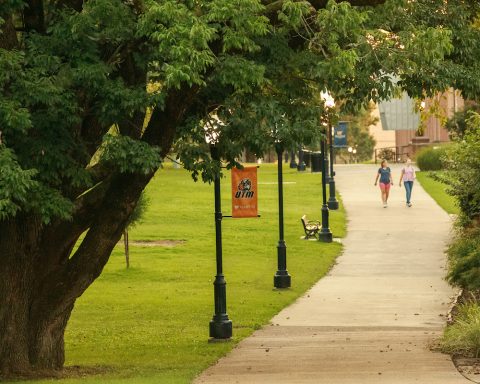Ashley Jackson, of Nashville, is dedicating her career to helping young people overcome life’s difficulties – something the deaf-blind professional knows well.
Jackson, a recent graduate of the University of Tennessee at Martin, majored in child and family studies and intends to use her training to help children and their families find the opportunities and resources they need to succeed in the classroom and in life.
“(A career counselor) told me about a position called an education assistant, and you work with a child who needs special attention in a special needs classroom. She suggested it might be something I would like to start off with,” said Jackson.
She most recently completed an internship at Bridges for the Deaf and Hard of Hearing in Nashville, where she spent almost four months working with the after-school program and with children who have adverse childhood experiences. She led several classes where parents learn communication methods such as sign language and body language to interact with their deaf and hard-of-hearing children.
“I want to understand enough (about children) to be able to talk with the parents about how to understand their children better and how to communicate with them. I want to be a mediator between the parents and children who have special needs or are at-risk,” she said. “I want to help with showing opportunities for the child … whatever skills they need help with, whether it’s for school or life at home or mobility skills.”
Jackson’s experiences as a deaf-blind person have given her unique insight into what children with vision, hearing and related mobility challenges face every day. She also has an advantage when helping parents and families understand the opportunities available for children facing similar struggles.
Her condition is one that developed over time, starting with the removal of ocular tumors formed by retinoblastoma – a type of cancer of the eyes. Her struggle to hear began with a series of severe ear infections as a young child.
“After my first birthday is when (my hearing) really started getting worse. … It wasn’t dramatic, but I still declined,” she said.
In 2012, Jackson, her audiologist and other experts on her medical team began discussing cochlear implants. The clock was ticking, as medical insurance would not cover the implants after her 21st birthday. Cochlear implants allow an external processing unit to communicate with electrodes in the brain to translate sound waves into discernable noises. But sometimes the operation is unsuccessful, and the person can lose all hearing ability.
“That’s one of the biggest changes in my life, and one of the scariest ones too, because if it didn’t work for me, I would be completely lost,” she said. “I would have no hearing and no vision, so if it didn’t work, that would have been a disaster. I wouldn’t be able to be a part of society the way that I want to be. I’m just glad that it turned out the way that it did. …
“We have people all over that are deaf-blind, and some people don’t identify themselves that way because they don’t know that deaf-blind is OK to be,” Jackson said. “There’s nothing wrong with being that way; it’s just a good description of what you have.”
Jackson has found ways to overcome her challenges and says the UT Martin community has supported her goals from the beginning.
“Sometimes the teachers will collaborate together to figure out a plan for how to help me and how I can help them. That’s how we learn from each other, and we know what we can do for future reference. … I can’t do pictures and things that are more visual, so we have to talk about modifications that will allow me to do homework along with the other students,” she said.
Jackson uses a system of electronic aids to help her, including special software to read online documents aloud and Bluetooth braille translators for her iPhone and laptop. All her assignments were done electronically, with the translator changing on-screen text to braille and back again. She completed exams in the Student Success Center, where staff members fed an emailed file into a braille embosser, which then created a textured surface for Jackson to read.
With bachelor’s degree in hand, Jackson plans to continue on to earn a master’s degree in either public speaking or communications at Gallaudet University in Washington, D.C.
“It’s a deaf university, but it also has people who are hearing,” she said. “They get to learn about deaf culture and learn about American Sign Language. So it doesn’t just have to be for deaf people. It can be for anyone who is interested in deaf culture.”
While Jackson’s time at UT Martin has come to an end, she hopes to have left the path a bit smoother for those who come behind her.
“I try to make things accessible for others who may be walking in my shoes later on,” she said.
Jackson crossed the UT Martin commencement stage Dec. 15 to receive her Bachelor of Science degree in family and consumer sciences.
###

